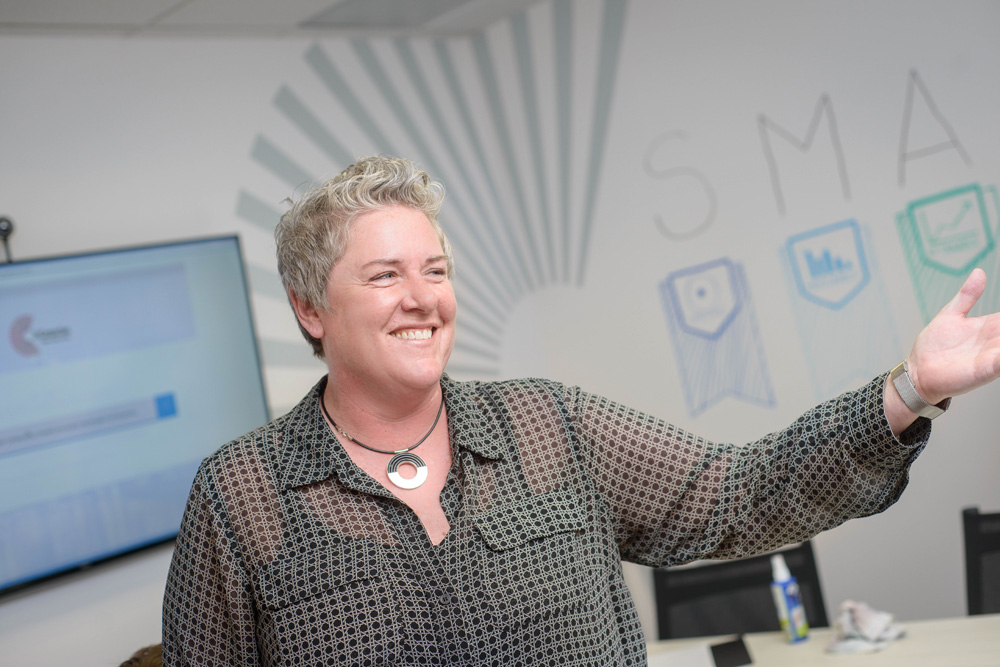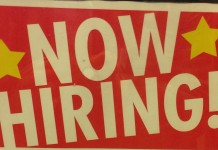Too often, “consultant” is a euphemism for “between real jobs.” But yes, there really are career consultants. And there are people like Michele Tupper who can be consultant or employee based on their personal and career needs.
After being one of the “early graduates of the technical communication program at the University of Minnesota,” Tupper spent five years as an employee of Dashe and Thomson, the Minneapolis-based training company. Then, she recalled, “My mother became ill. Marilyn Dashe said, ‘Why don’t you just do some contract work for us?’ I did that with the full intent of returning to be a full-time employee.” Then, Tupper said, she realized, “‘Hey, I could actually make a living doing it this way!’ I had so much flexibility and control over my time.”
Over the next twenty years, Tupper “worked with fifty or sixty organizations”–both through consulting companies and on projects she landed on her own. “I learned this business through consulting,” she said. “There was one brief time [during the recession] where I didn’t have work. Other than that, I had to turn down work. Because I didn’t specialize in a particular thing, I was pretty marketable. They could put me on anything from communication to sales management.”
Learning to Say No
As a consultant, Tupper said, “When I decided you could say ‘no’ to things, it changed my life. With time you recognize what a good project is going to be and when you’re walking into a good situation. You have to have some good financial management skills. I took a year off once. I never used my downtime worrying about my next project. I used my downtime doing things I wanted to do.”
Recently, she moved back into the employee world as an Instructional Strategist with The Connection. “It was not a planned thing,” she said. “I came to The Connection to do a project. They were looking for someone to build and cultivate the team. Then something happened. I’ve never worked for a company I could actually envision working with. I thought, ‘This is a really interesting organization.’ I like the way they do business. The owner and CEO is an amazing leader. I found myself going home everyday feeling very, very happy.”
Back in the Employee Role
Although she hadn’t realized it, Tupper said, “There are things that were missing in consulting that I get when I’m working for my company. I get a really big say in my team. In consulting, every six months you’re doing forming, storming, norming. You just get to performing, and you start over again.”
Tupper’s role is helping The Connection expand their instructional design capabilities from their own call center teams to their external customers. “We’ve got a lot of new, young talent,” she said. “I’ve always loved working with experienced people. Now what I need is the enthusiasm and energy of people who are just coming into the field. They’ve got really fresh ideas.”
Thinking through the choices of consultant or employee , Tupper said, “I always said the best thing I did was becoming a consultant. Now I feel like the best thing I could do is become an employee.”
Photo Credit: Dan Iverson











